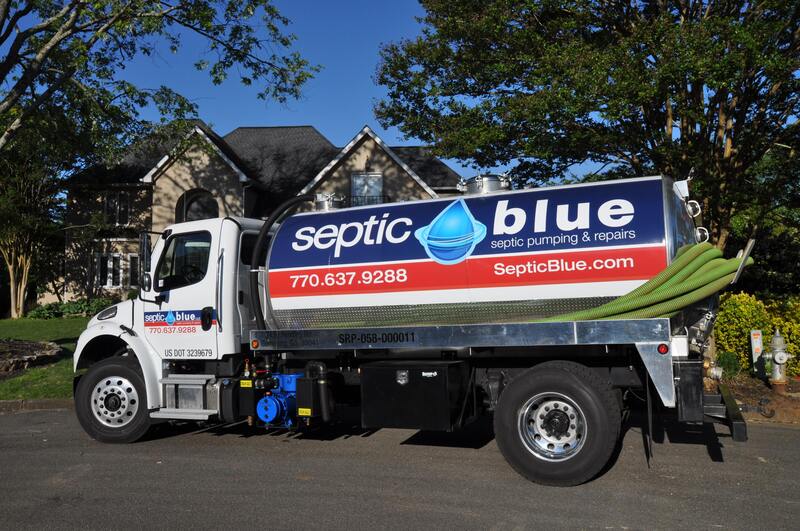Environmental and Health Impacts from Septic Tanks
Read More
Schedule Online
919-213-8469

Apr 07, 2024
It's time to focus on important home maintenance chores as the bright colors of springtime emerge and the temperature starts to increase. Among these, ensuring the proper functioning of your septic tank is paramount. Ignoring septic tank upkeep can result in expensive repairs and environmental risks.
In this blog post, our professionals from Septic Blue of Raleigh will show some spring septic tank maintenance tips to keep your system running smoothly throughout the year.
Regular pumping is one of the most important septic tank maintenance responsibilities. Solid waste builds up in the tank over time, decreasing its capacity and perhaps leading to overflows or backups. For best results, you should hire a professional septic company to pump your tank every three to five years, depending on the size and usage of your home. Scheduling this service in the spring can help your system get ready for the greater use that comes with the warmer months.
Since spring is a time of rebirth, it's a great opportunity to take care of any unresolved septic system problems. Don't put off hiring a trustworthy septic company for an inspection and repairs if you've seen any warning indications of problems, such as slow drains, unpleasant smells, or moist spots in your yard. Timely septic tank maintenance can stop small problems from growing into larger headaches later on.
If your current septic system is aging or no longer meeting the needs of your household, spring is an ideal time to consider septic tank installation or upgrades. Septic systems of today are more environmentally friendly and efficient, lowering the chance of pollution and guaranteeing adherence to local laws. To find the best solution for your home, consult with an experienced septic professional.
Regular septic tank cleaning is essential for maintaining optimal performance and prolonging the lifespan of your system. Professional cleaning is best done in the spring when accumulated sludge and scum are removed, reducing the likelihood of clogs and lengthening the interval between pumpings. Clean tanks also break down waste more effectively, which lowers the possibility of backups and odors.
Water conservation benefits your septic system as well as the environment. Overuse of water can strain the system, resulting in malfunctions and inefficiency. Your septic tank will be less stressed if you adopt water-saving practices like caulking leaks, installing low-flow faucets, and spreading out your dishwasher and laundry loads. This is especially important in the spring and summer when water usage tends to spike.
Maintaining the stability of your septic system and preventing groundwater infiltration depends on proper drainage. Examine the area surrounding your tank and drain field in the spring for any indications of erosion, ponding, or overgrowth of plants. Maintaining ideal conditions for the efficient operation of your septic system can be achieved by diverting runoff away from the tank and making sure the ground is graded correctly.
In order to prevent expensive repairs and environmental harm, spring is the best season to concentrate on septic tank repair and maintenance. You can keep your septic system operating efficiently all year long by planning routine pumping, taking care of repairs right away, thinking about additions or installations, giving cleaning first priority, conserving water, and keeping adequate drainage. In order to guarantee the lifespan and safety of your system, never forget to seek the assistance of a qualified septic company for any maintenance or repairs. You may appreciate spring's beauty knowing that your septic system is in excellent condition if you keep these suggestions in mind.